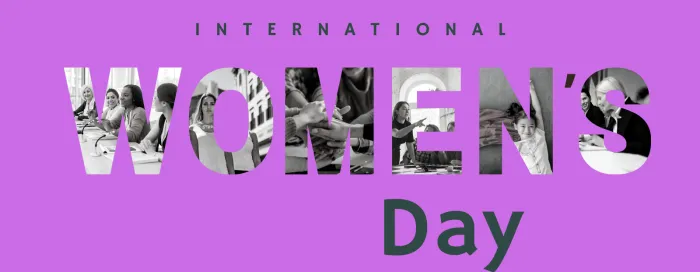In Europe, women only account for 15% of mayors, 21% of regional presidents and 35% of members of regional parliaments. In rural areas, the situation is even worse: in Ireland, for example, 90% of politicians in local assemblies are men. Data shows that gender equality is still far from being a reality when it comes to political representation, but why is this happening and what can local and regional authorities do to change this situation?
The reasons for the lack of women’s participation in politics are multiple. Public spaces, including online, but also the public sphere, are still not safe for women. In fact, when entering politics, many women are victims of different forms of harassment, ranging from intimidation to death threats.
Gender stereotypes still play a role when it comes to gender inequality. We need to promote more information on measures and best practices aimed at eliminating these stereotypes in areas such as formal and informal education, the world of work, language use, communication and advertising.
Last but not least, we still need to make gender equality a priority across the board. Women are traditionally entrusted with a triple role: workers, mothers and housekeepers. What is more, women often provide long-term unpaid home care to vulnerable members of the family such as elderly or disabled persons. Yet, most societies do not provide women with the necessary tools, including fair burden sharing with men, to manage successfully all three roles. To have more women in politics, it is essential to make gender equality a key principle in all our actions, starting from the way we design economic or employment policies, but also social ones, such as education, childcare or elderly care.
These are only a few examples showing the practical challenges that women face if they decide to take an active role in different levels of governance. However, the benefits of including women in policy-making and decision-making are well documented.
Parity means progress: the cases of Finland and France having in place legal quotas show us that gender equality can speed up development and growth at the local level.
Diversity leads to better decision-making and to less risks: this is true, as demonstrated by IMF's research concerning the 2008 financial crisis.
Gender equality must be a priority in all fields, and in political representation too. It’s the time to change the narrative.
How to achieve it?
There are tools at our disposal: quotas, training, mentoring, financial support, education, effective measures for work-life balance. During last week’s European Summit of regions and cities in Marseille, an open consultation with participants showed that the majority consider quotas the best solution to increase the number of women in local politics. We must also abandon obsolete laws, rules and schemes that hamper women from successfully combining a healthy and fulfilling professional and private life.
Lastly, we have to empower girls from an early age through unbiased curricula that build pupils’ confidence without any discrimination and provide leadership skills to girls and boys alike.
We need to involve women in order to ensure the representation of all citizens and strengthen democracy: this means more women, a diversity of women, into the European local agoras. Progressive cities and regions have already started implementing many policies with great success and more needs to be done.
The more gender balanced, the better the government is.
This is our call for International Women’s Day.
